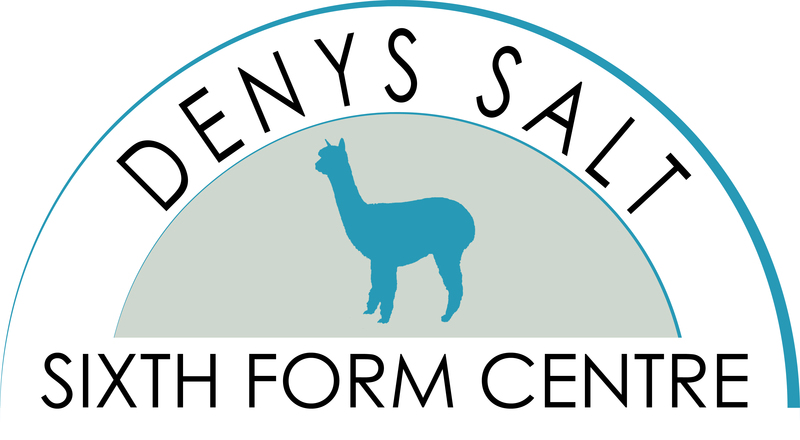
Biology is one of the most popular A Level subjects in the country, attracting students studying a wide range of other subjects. Many enjoy the subject so much they eventually choose a biologically related degree course. No matter what you choose as a career you will find Biology a very rewarding and challenging course which will develop many of the skills essential for success. Students are provided with a solid foundation in biological principles and concepts, whilst keeping the content interesting and relevant. We cover the core biological concepts through a variety of contexts and there is a strong emphasis on developing practical skills. There are eight topics in total to be covered in the A Level course: 1 - Biological molecules 2 - Cells 3 - Organisms exchange substances with their environment 4 - Genetic information, variation and relationships between organisms 5 - Energy transfers 6 - Organisms & Response 7 - Ecosystems 8 - Gene expression Students also complete a lab book to demonstrate progress in the Practical Competencies. This is essential in order to achieve the Practical Endorsement. Future Opportunities - Biology is a great choice of subject for people who want a career in health and clinical professions, such as medicine, dentistry, veterinary science, physiotherapy, pharmacy, optometry, nursing, zoology, marine biology or forensic science. Also by dealing with many ethical and controversial issues, Biology contributes to a well-rounded education for a non-specialist and can be taken alongside any other A Level.
Minimum five GCSE passes (grades 4 or 5) including English Language and Maths. Students must also meet subject specific minimum entry requirements (shown below).
100% assessment by written exam at the end of Year 13. Paper 1, worth 35% of the final grade and covers topics 1-4. Paper 2, worth 35% of the final grade and covers topics 5-8. Paper 3, worth 30% of the final grade covers topics 1-8.
About Education Provider
| Region | Yorkshire and the Humber |
| Local Authority | Bradford |
| Ofsted Rating | Good |
| Gender Type | Co-Educational |
| Address | Higher Coach Road, Baildon, Shipley, BD17 5RH |
Biology is one of the most popular A Level subjects in the country, attracting students studying a wide range of other subjects. Many enjoy the subject so much they eventually choose a biologically related degree course. No matter what you choose as a career you will find Biology a very rewarding and challenging course which will develop many of the skills essential for success. Students are provided with a solid foundation in biological principles and concepts, whilst keeping the content interesting and relevant. We cover the core biological concepts through a variety of contexts and there is a strong emphasis on developing practical skills. There are eight topics in total to be covered in the A Level course: 1 - Biological molecules 2 - Cells 3 - Organisms exchange substances with their environment 4 - Genetic information, variation and relationships between organisms 5 - Energy transfers 6 - Organisms & Response 7 - Ecosystems 8 - Gene expression Students also complete a lab book to demonstrate progress in the Practical Competencies. This is essential in order to achieve the Practical Endorsement. Future Opportunities - Biology is a great choice of subject for people who want a career in health and clinical professions, such as medicine, dentistry, veterinary science, physiotherapy, pharmacy, optometry, nursing, zoology, marine biology or forensic science. Also by dealing with many ethical and controversial issues, Biology contributes to a well-rounded education for a non-specialist and can be taken alongside any other A Level.
Minimum five GCSE passes (grades 4 or 5) including English Language and Maths. Students must also meet subject specific minimum entry requirements (shown below).
100% assessment by written exam at the end of Year 13. Paper 1, worth 35% of the final grade and covers topics 1-4. Paper 2, worth 35% of the final grade and covers topics 5-8. Paper 3, worth 30% of the final grade covers topics 1-8.